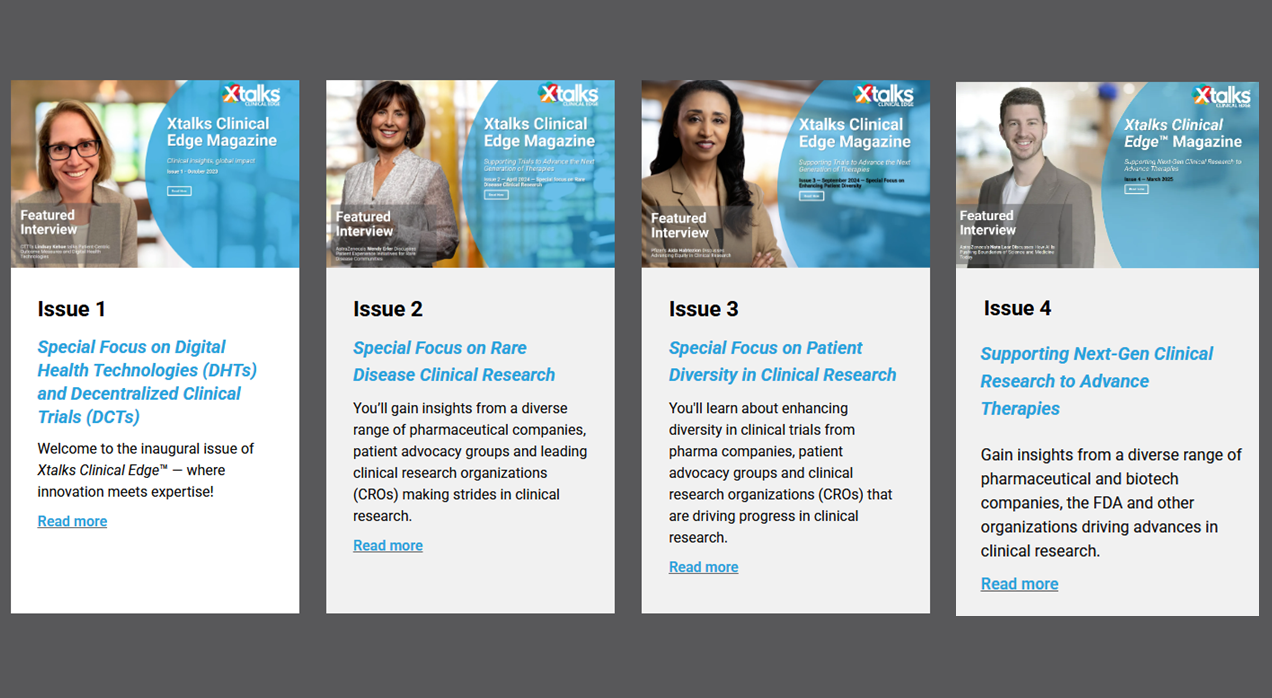Earth Day 2024 is an important rallying point for individuals, communities and organizations committed to environmental stewardship and sustainability. Initiated in 1970 and marked annually on April 22, Earth Day has grown into a global movement to highlight urgent actions that can help address environmental issues.
Earth Day 2024 is an ideal platform for showcasing advancements and fostering collaborations that drive further innovation in facilitating a sustainable environment. The COVID-19 pandemic accelerated webinar adoption on an industry-wide scale owing to its advantages over physical events, including cost and time efficiencies, as well as notable environmental benefits.
As we observe Earth Day 2024, it is pertinent to reflect on this year’s theme “Planet vs. Plastic,” which calls on organizations to adopt more sustainable practices that favor a reduction in plastic waste and/or consumption; webinars can directly help reduce plastic waste by hosting event-related activities online.
The Environmental Benefits of Webinars: A Look at the Facts
The environmental impact of webinars offers a promising reduction in emissions and resource use compared to traditional in-person events. One of the major benefits is the significant reduction in air travel emissions. Typically, air travel is a considerable contributor to global CO2 emissions, accounting for about two to three percent of global carbon emissions, as reported by the International Air Transport Association (IATA). For instance, a single transatlantic flight can emit around 1.6 tonnes of CO2 per passenger. By opting for webinars instead of in-person conferences, organizations can effectively eliminate the need for such air travel, thereby reducing greenhouse gas emissions substantially.
Local travel impacts are also mitigated. The transportation sector, particularly road vehicles, accounts for nearly 82 percent of transportation-related emissions in the US, according to the Environmental Protection Agency (EPA). Webinars eliminate the need for local commutes to conference venues, further decreasing the carbon footprint.
In addition to travel-related benefits, webinars significantly reduce the energy consumption typically associated with hosting events at large venues such as convention centers and hotels. These venues are high-energy consumers, utilizing extensive electricity for lighting, heating, cooling and electronic equipment. Webinars bypass the need for such energy-intensive facilities.
Food waste, another critical concern at in-person events, is also considerably reduced. Studies have shown that events can waste between 15 percent and 20 percent of the food they prepare. As webinars are conducted online, the issue of catering and the resultant food wastage is virtually eliminated.
Further, the average conference attendee generates about 1.89 kg of waste per day, with a significant portion consisting of paper and plastic from promotional materials. The shift to online formats significantly reduces this waste generation.
Lastly, the adoption of webinars leads to reduced costs and resource usage. A small three-day conference in the US, for example, can generate up to 952 kg of CO2 equivalent per attendee — equivalent to producing hundreds of plastic bags or driving thousands of kilometers. By moving these events online, emissions can be reduced by up to 94 percent and energy usage by 90 percent, making webinars a highly sustainable choice for businesses worldwide.
Strategic Integration of Webinars with Xtalks
Webinar adoption can not only help with environmental goals but also broaden audience reach as well as offer convenience and accessibility. They are a cost-effective strategy to engage an international audience with additional benefits of enhanced data collection and interaction via features such as live polls and Q&A sessions.
Over the past two decades, Xtalks has established itself as a pioneer in promoting webinars as a key tool for engagement and education in the life sciences, healthcare, medical device and food industries. Xtalks has facilitated the industry’s shift toward hosting and conducting virtual events, which has not only enabled widespread knowledge dissemination but also led to substantial environmental benefits. This shift is highlighted by how virtual events can drastically reduce the carbon footprint compared to in-person events.
As industries continue to adapt to this change and reduce their carbon footprint, partnering with Xtalks can be helpful in navigating this changing landscape. This partnership will help leverage Xtalks’ expertise to ensure that every webinar maximally engages and resonates with its intended audience, reinforcing the commitment to sustainability and global connectivity.
Integrating webinars into corporate strategies is more than an operational decision — it’s a commitment to sustainability and global engagement. As we mark Earth Day 2024, let us recommit to investing in practices that not only advance business objectives but also positively contribute to our planet.
Reach out to Xtalks to explore how we can collaborate on saving our planet while helping you engage your global target audience through our webinars.












Join or login to leave a comment
JOIN LOGIN